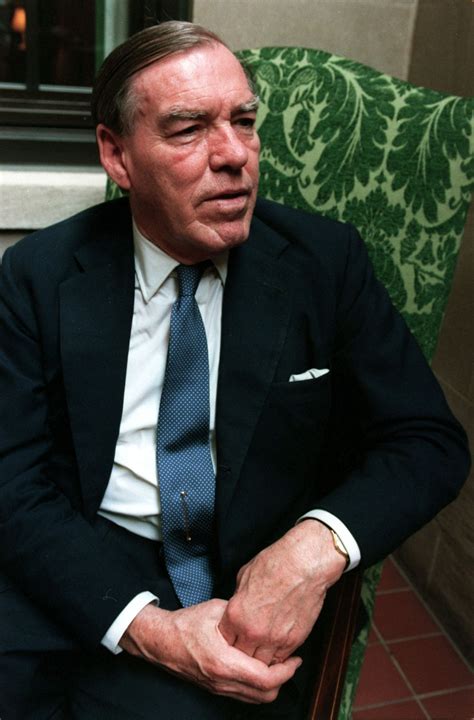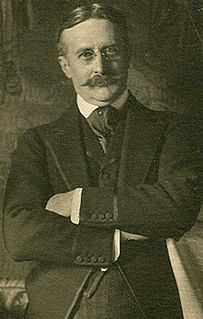A Quote by Wilferd Peterson
The leader sees things through the eyes of his followers. He puts himself in their shoes and helps them make their dreams come true. The leader does not say, "Get going!" Instead he says, "Let's go!" and leads the way. He does not walk behind with a whip; he is out in front with a banner.
Related Quotes
A good leader does not tell people to stand behind him. That position does not give anybody power but the leader. Today's politician isn't going to be the first marching to war, so why put that guy in front? Instead, a good leader tells people to stand beside him. That creates an invincible wall of people, and that's a force where everybody stands as a true equal.
Often, in a given project team or network, one sees leadership roles shifting among various members at various times. Attempts to fit these into traditional views of "leader" and "follower" don't quite work. It's more like Twitter: the "leader" has "followers" - but the "followers" are empowered to alter the relationship unilaterally, and the "leader" must continually earn the consent of the "followers."
The boss drives people; the leader coaches them. The boss depends on authority; the leader on good will. The boss inspires fear; the leader inspires enthusiasm. The boss says I; The leader says WE. The boss fixes the blame for the breakdown; the leader fixes the breakdown. The boss says, GO; the leader says Lets GO!
The true leader isn't really looking for leadership. He's trying to set an example and be in the proper way to get the most productive results and don't realize it. When the followers get something done, if the leader has been what he should, they'll feel like they did it, not him. That's the way it should be.
Maybe that's the way to tell the dangerous men from the good ones. A dreamer of the day is dangerous when he believes that others are less: less than their own best selves and certainly less than he is. They exist to follow and flatter him, and to serve his purposes. A true prophet, I suppose, is like a good parent. A true prophet sees others, not himself. He helps them define their own half-formed dreams, and puts himself at their service. He is not diminished as they become more. He offers courage in one hand and generosity in the other.
A leader is only able to lead others because he disciplines himself. The person who does not know how to bow to discipline imposed from without, who does not know how to obey, will not make a good leader-nor will the one who has not learned to impose discipline within his own life. Those who scorn scripturally or legally constituted authority, or rebel against it, rarely qualify for high leadership positions.

































